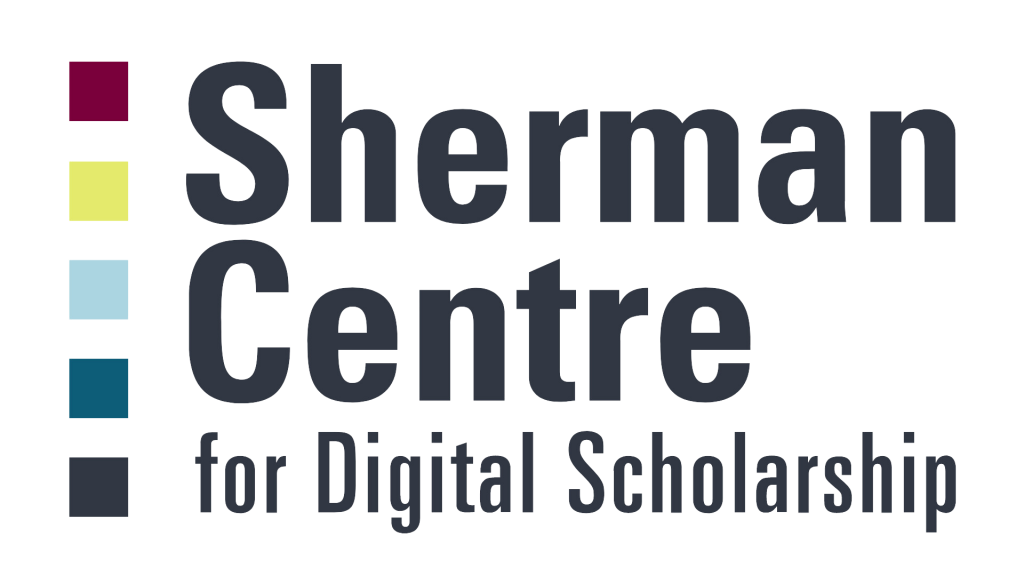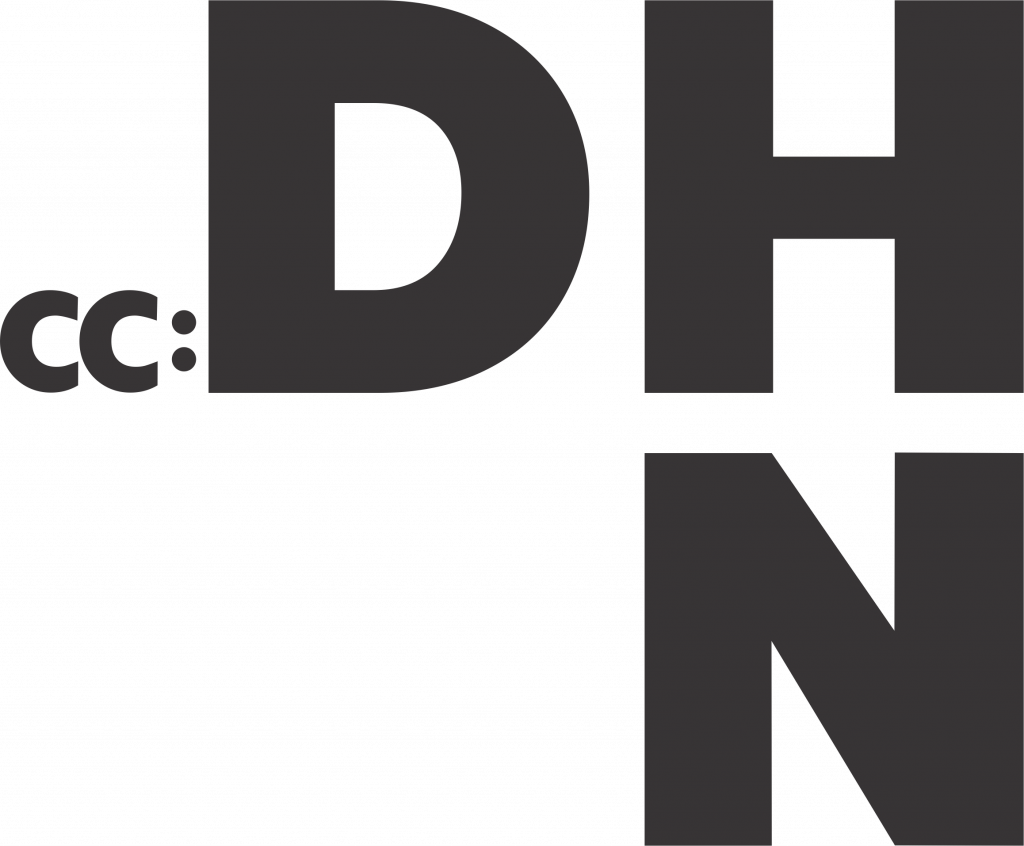
- This event has passed.
Data Deposit Bootcamp

Event Language
EnglishFormat
in person/face-à-face
Date: 20 May 2025
Data deposit and data sharing are increasingly recognized as best practice to support open research, reproducibility, research integrity, collaboration, and more. Disciplines, funders, and journals are increasingly requiring researchers to share or deposit data. But how do you get your dataset ready for sharing? What’s the best repository to share it in? If you have a dataset that’s ready for deposit or that you’d like to get deposit ready, join RDM Services for this workshop.
By the end of this 3-hour session, you will be able to:
• Identify a target data repository
• Organize and create documentation for your dataset,
• Define your metadata, and
• (Potentially) begin the deposit process.
If you have a dataset ready to submit, bring it along! No dataset, no problems–we have a sample dataset you can use to go through the process and learn how to deposit data.
With light snacks and refreshments to sustain you and specialists on-hand to answer any questions, you’ll end this session with ready-to-submit data…or submitted or even published data! Graduate Students who have finished their thesis work are encouraged to attend!
Learning Outcomes: Outline documentation and metadata best practices and identify the appropriate repository for their dataset. Develop a README file that thoroughly describes the dataset being deposited. Organize datasets in preperation for data deposit, including metadata entry.
Details: This workshop will not be recorded.
Facilitator Bio:
Isaac Pratt (he/him) is a research scientist by training and has a PhD in Anatomy & Cell Biology. He leverages nearly a decade of interdisciplinary research experience to help support students, staff, and faculty. His expertise lies in questions surrounding data storage, security, planning, archival, and sharing. Isaac also provides support and curation services for McMaster Dataverse. His other interests include reproducible research methods, open science, and data science.
Danica Evering holds expansive experience with research support, education, project management, advocacy, and knowledge translation; with fluency in social practice art, healthcare, community research, data, and systems development. Danica supports students, postdocs, faculty, and staff with RDM through the data lifecycle—Data Management Plans, storage and backup, data security, data sharing. With an MA in Media Studies from Concordia, they are interested in fostering RDM within curious scholars and disciplines.
